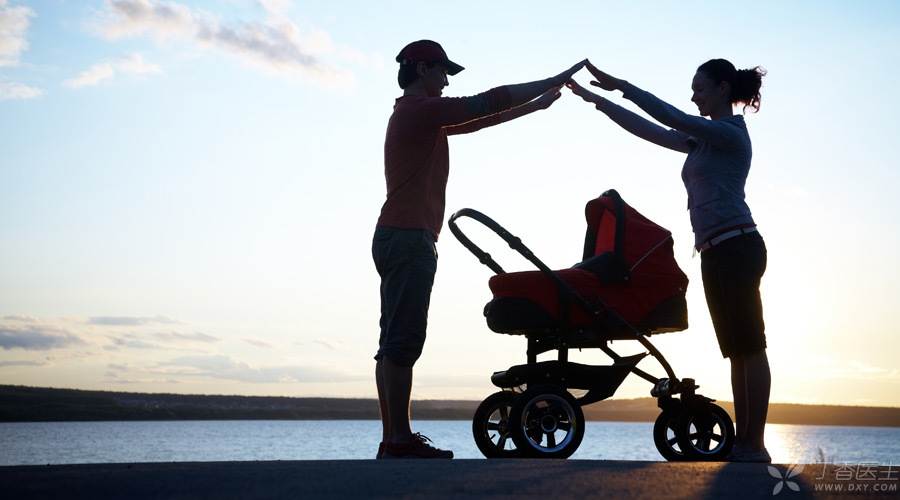
Recently, a mother and her child developed fever, convulsions and other symptoms after being vaccinated with BCG vaccine in a hospital in Shanghai. She was transferred to an outer hospital that afternoon and died after the rescue was ineffective.
After preliminary investigation by Baoshan Health Planning Commission, it was found that the relevant injection process was in accordance with regulations. More investigations are being accelerated.
Judging from the current situation, it is not particularly clear where the problem lies.
However, vaccination is a process that every baby will go through, which reminds parents that no matter who, they must pay attention to some vaccination matters.
Is BCG dangerous? It’s not
BCG vaccine is a vaccine that can prevent tuberculosis and is very important for the healthy growth of babies.
The newborn baby’s body is not yet mature and its resistance to diseases is poor. Mycobacterium tuberculosis is just a very severe infectious bacterium. If the baby is infected, it will develop into a very serious disease, such as tuberculous meningitis, which not only endangers life, but also has serious sequelae even if it survives.
It is precisely because of these easily transmitted diseases, including tuberculosis, that in order for the baby to grow up safely, it is necessary to vaccinate according to the procedure and never forget.
Generally speaking, vaccination itself is not dangerous, and serious complications are very rare. It is really dangerous not to vaccinate or prevent.
Can screening avoid these dangers?
This problem may not be as you think, because screening often does not work well:
- The taboos of each vaccine are different. During vaccination, the general taboos can only be judged through inquiry or simple physical examination, and it is impossible to screen all taboos. Screening is expensive and not suitable for promotion.
Therefore, it is not recommended to carry out routine screening of all taboos before vaccination. As long as doctors judge that there are no major problems, all vaccines should be given.
Is there any way to reduce the risk?
Of course there are, and we must do these measures well.
- Before inoculation
Go to regular vaccination points to get vaccination;
Before vaccination, the health information of the child should be provided to the vaccinated medical staff so as to judge whether the vaccination can be carried out.
For example, before newborns are vaccinated, Parents should cooperate with the vaccinated medical staff, Do a good job in the inquiry and general health examination of the newborn’s health status, including knowing whether the birth is full-term and normal, the birth weight, the birth score of the newborn, whether there are congenital birth defects, whether there are certain diseases, etc., so that the vaccinators can correctly grasp the contraindications of vaccination and decide whether to vaccinate.
- After inoculation
The first thing to do is to stay in hospital for observation for at least 30 minutes after vaccination.
Why do you want to observe for 30 minutes?
After vaccination, due to individual reasons, very few people may have allergic reactions.
Monitoring data show that anaphylactic shock mostly occurs within 30 minutes after vaccination. After anaphylactic shock occurs, life risks are easy to occur if it is not within the scope of medical personnel’s supervision. Therefore, doctors and first aid drugs must be provided at the vaccination site, mainly to prevent accidents.
If parents suspect that their children have abnormal reactions to vaccination, they should consult or report to the vaccination personnel or the Centers for Disease Control and Prevention in a timely manner.
Other matters that must be paid attention to:
- Press and hold the needle eye with a cotton swab for a few minutes. Only when there is no bleeding can the cotton swab be removed. Do not rub the inoculation site. Let the baby rest properly, drink more water (breast-feeding), pay attention to keep warm and prevent other diseases.
After vaccination, if the baby has slight fever, loss of appetite, dysphoria and crying, it is normal. These reactions will disappear automatically within a few days. Don’t worry.
However, if the reaction is strong and lasts for a long time, the baby should be taken to the hospital immediately.
Are there any babies who are not suitable for vaccination?
Yes, but it depends.
- Some babies are just [temporarily] unsuitable, such as the child is having a high fever, if the physical condition returns to normal after a period of time, or need to be vaccinated. Some may be really unsuitable, such as allergic constitution, immune insufficiency, neurological diseases and other special circumstances, need to ask a professional doctor to identify, don’t make your own decisions.
The unfortunate ending of this baby is something everyone does not want to see. What is the problem? I hope the following investigation can give an answer.
However, for parents, the most important thing is not to panic, because vaccines are one of the best ways to prevent diseases.
Standardizing vaccination is really for the good of children.
